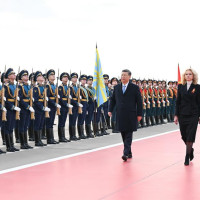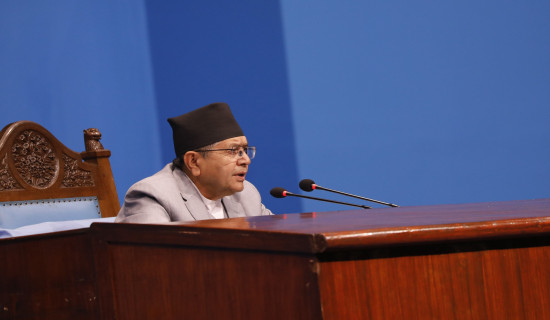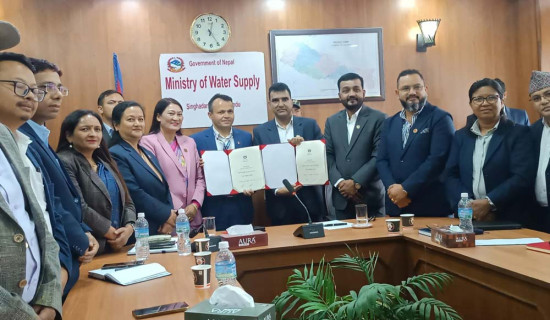- Friday, 9 May 2025
Saga of adoption fraud of South Korean children
Seoul, South Korea, Sept.20: As the plane descended into Seoul, Robert Calabretta swaddled himself in a blanket, his knees tucked into his chest like a baby in the womb. A single tear ran down his cheek.
The 34-year-old felt like a newborn — he was about to meet his parents for the first time since he was 3 days old.
Most of his life, he thought they’d abandoned him for adoption to the United States. When he finally found them, he learned the truth: The origin story on his adoption paperwork was a lie. Instead, he said, his parents were told in 1986 that their infant was very sick and they thought he had died.
“I am so sorry,” his birth father had written when they found each other, his words interrupted by fits of weeping. “I miss you. How did you endure this cruel world?”
Calabretta is among a growing and vocal community of victims of an adoption system they accuse of searching out children for would-be parents, rather than finding parents for vulnerable children — sometimes with devastating consequences only surfacing today.
South Korea’s government, Western countries and adoption agencies worked in tandem to supply some 200,000 Korean children to parents overseas, despite years of evidence they were being procured through questionable or downright unscrupulous means, an investigation led by The Associated Press found. Those children grew up and searched for their roots — and some realized they are not who they were told.
Their stories have sparked a reckoning that is rocking the international adoption industry, which was built in South Korea and spread around the world. European countries have launched investigations and halted international adoption. The South Korean government has accepted a fact-finding commission under pressure from adoptees, and hundreds have submitted their cases for review.
The AP investigation, done in collaboration with Frontline (PBS), was based on interviews with more than 80 adoptees in the U.S., Australia and six European countries, along with parents, agency employees, humanitarian workers and government officials. It also drew on more than 100 information requests and thousands of pages of documents — including many never publicly seen before and some the AP got declassified — from courts, archives, government files and adoption papers.
In dozens of cases AP examined with Frontline, it found: Children were kidnapped off the streets and sent abroad. Parents claim they were told their newborns were dead or too sick to survive, only to have them shipped away. Documents were fabricated to give children identities that belonged to somebody else, leading adoptees to anguished reunions with supposed parents — to later discover they were not related at all.
The agencies and governments each played a part in keeping the baby pipeline pumping. Adoption agencies created a competitive market for children and paid hospitals to supply them, documents show. (AP)

















